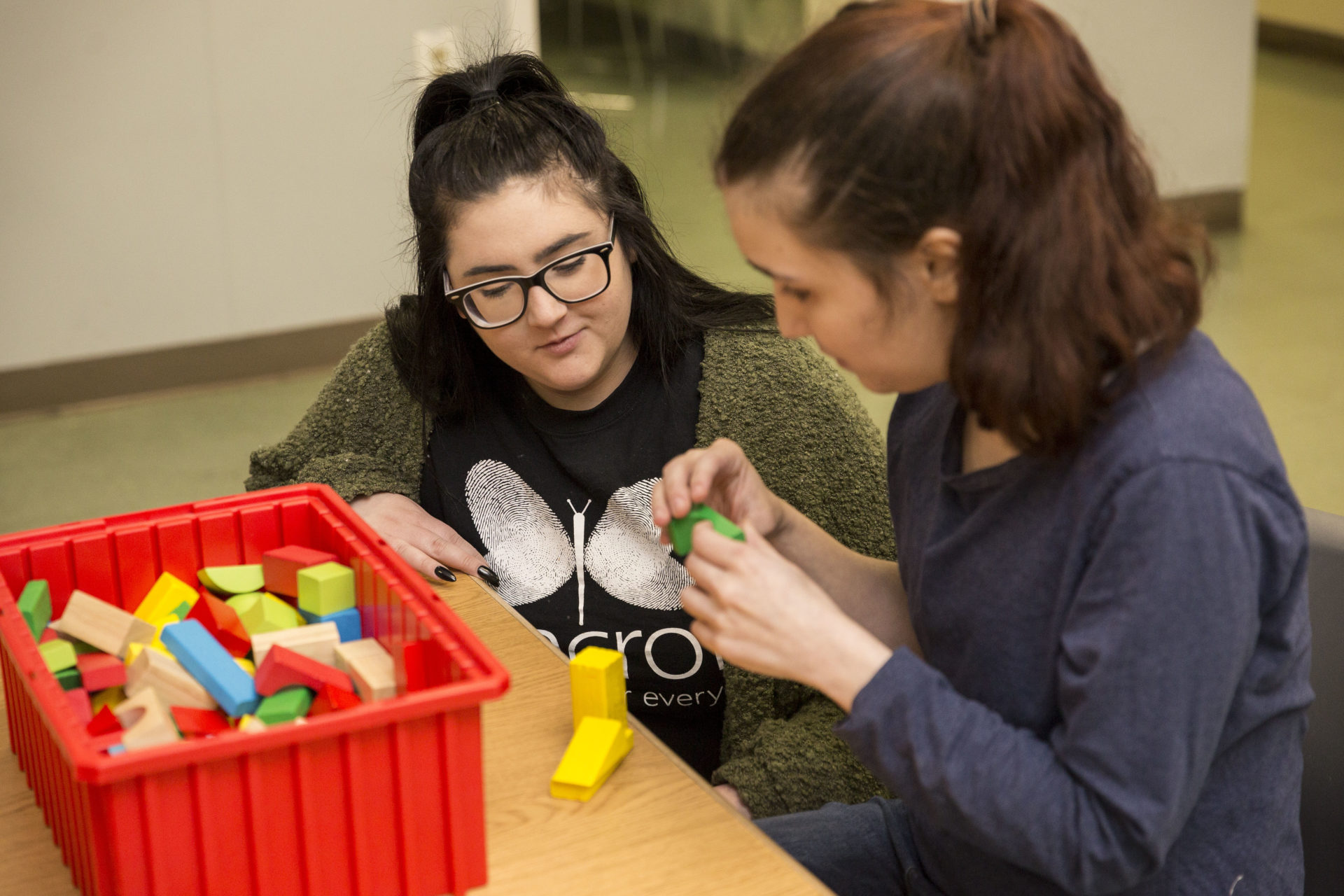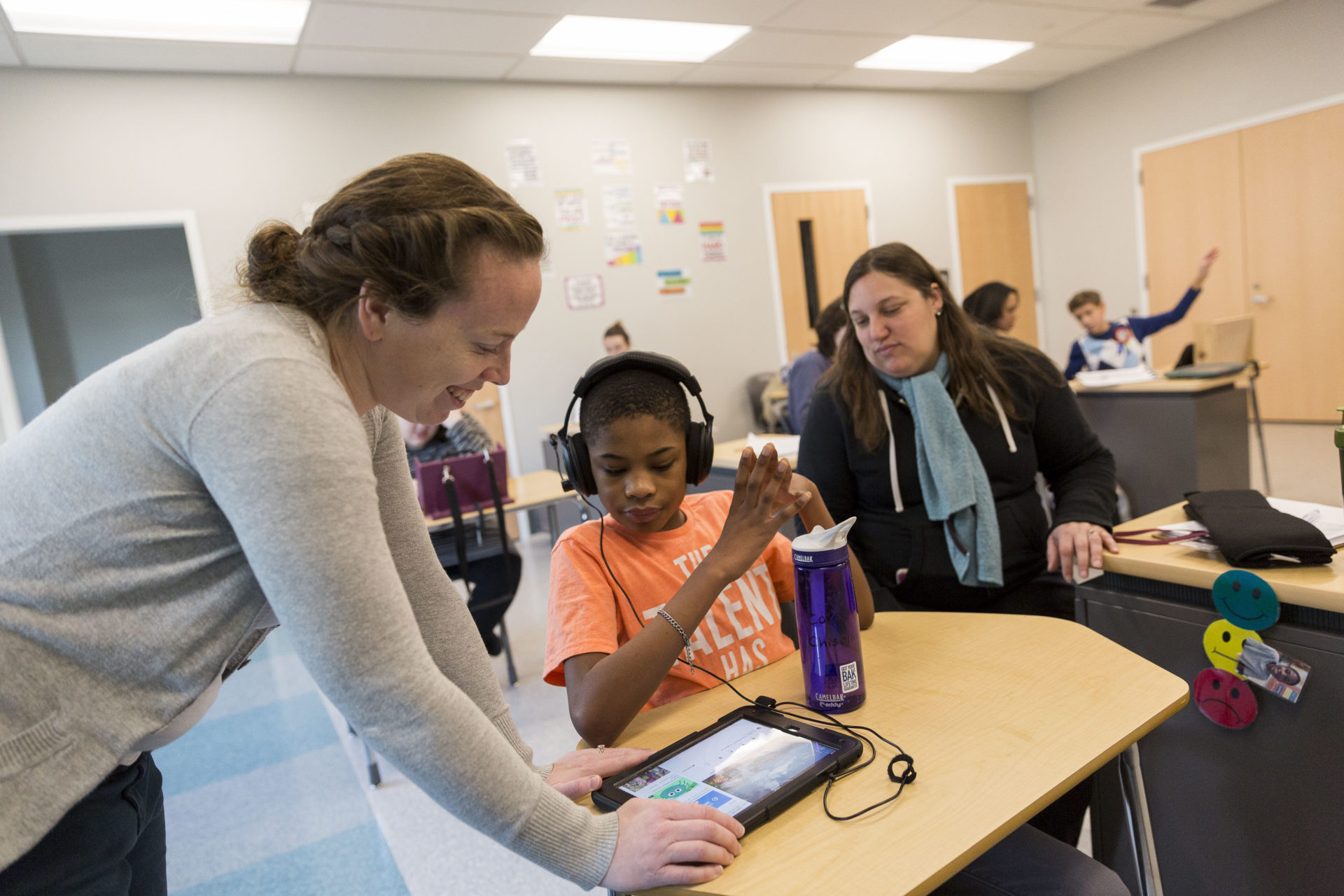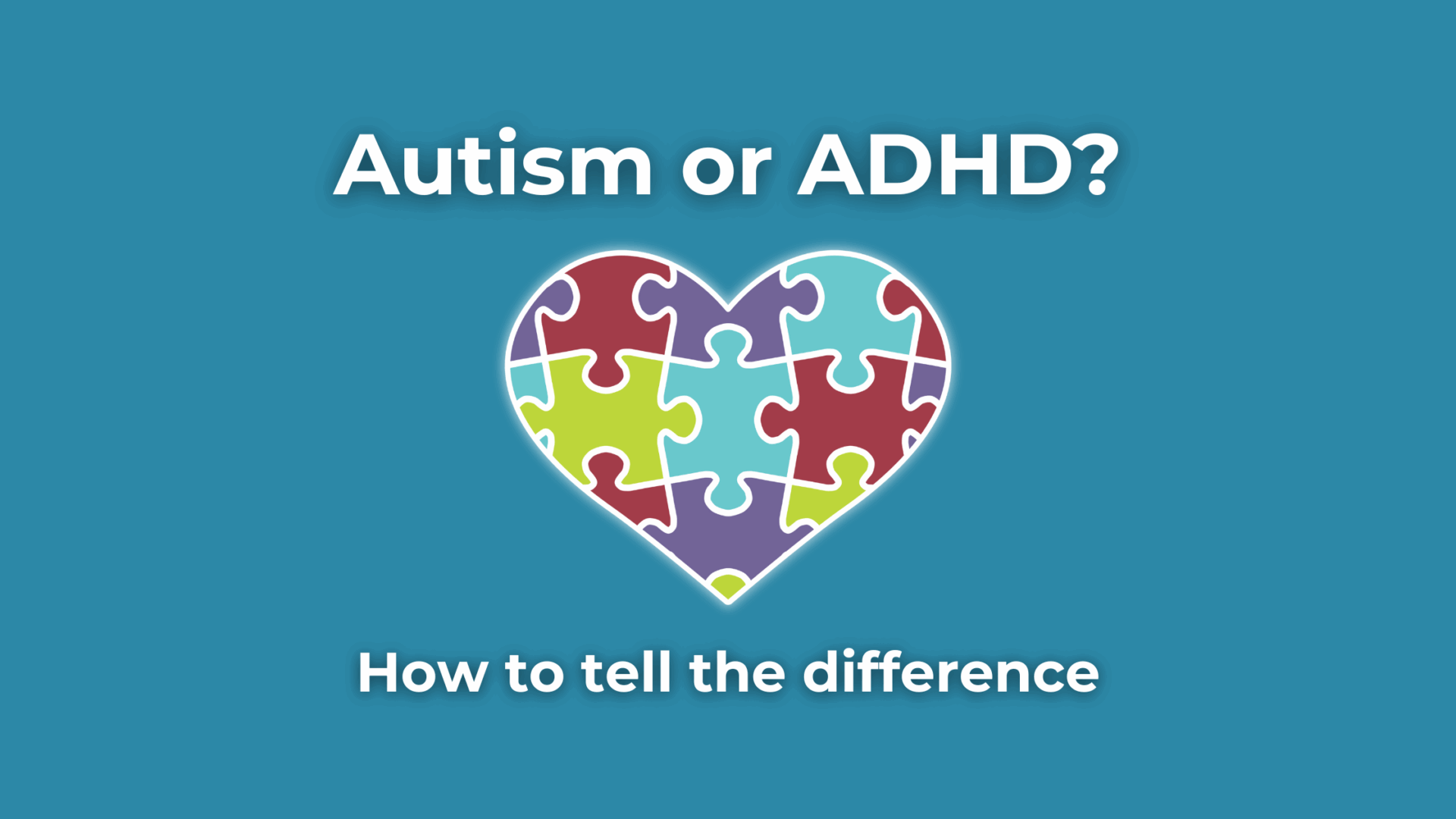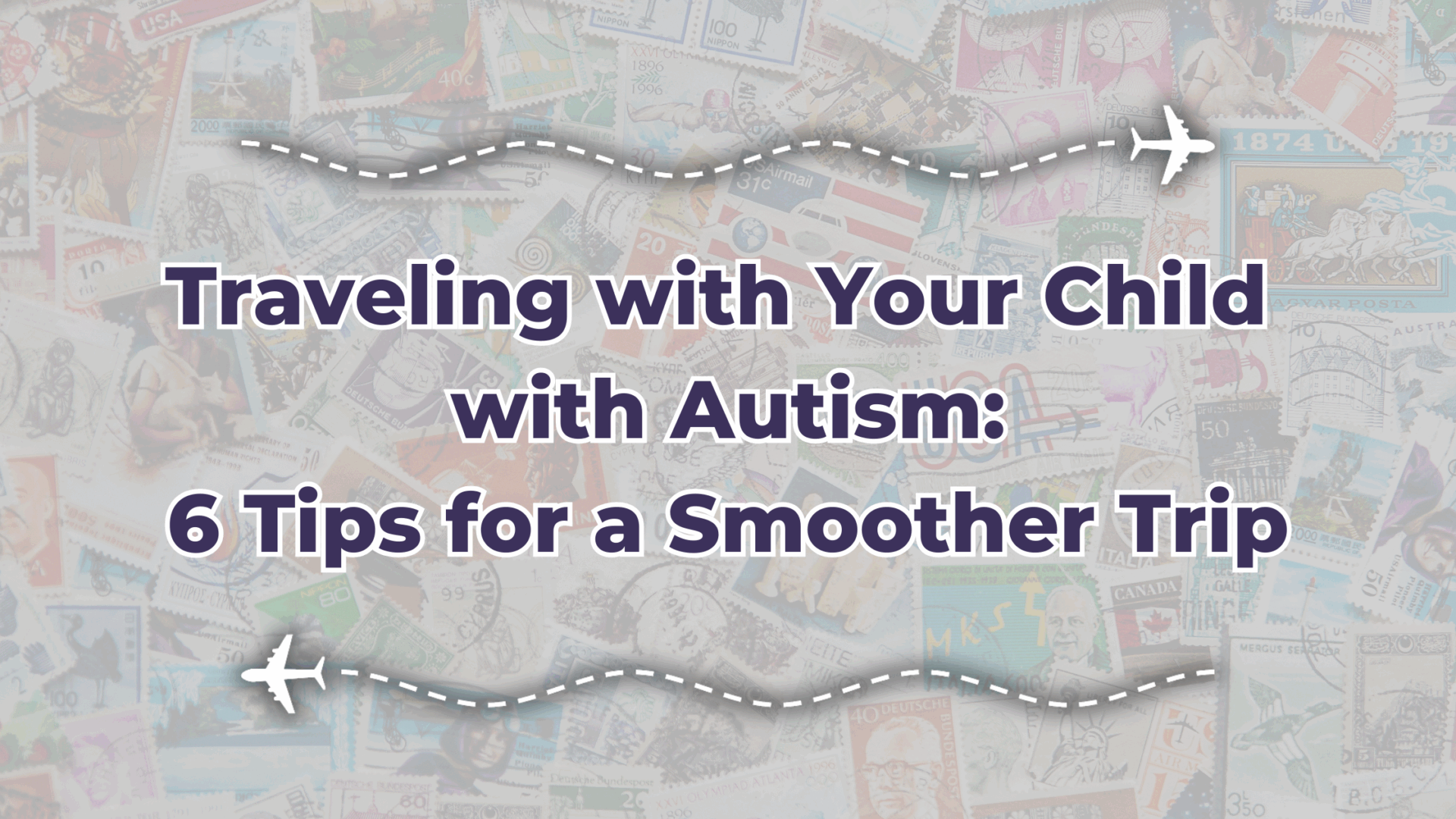Danielle Ager, Psy.D., a licensed clinical neuropsychologist at Bancroft specializing in pediatric neuropsychology, shares insights into the differences and similarities between autism and ADHD.
Are autism and ADHD the same condition?
In short, no. While Autism and ADHD are both neurodivergent conditions and share certain traits, they are distinct diagnoses with different features.
Why are autism and ADHD often confused?
ADHD and autism share some overlapping traits, which can make them hard to tell apart, especially in young children. Both are considered part of “neurodiversity,” a term that simply means brains can work in many different ways. These differences aren’t wrong; they’re just natural variations in how our brains work.
Because their brains process information differently, individuals with either condition can experience unusual reactions to sights, sounds, textures, or smells. For instance, a loud noise might be intensely painful for some, while others might actively seek out certain sensations. These are sensory processing differences.
Both autism and ADHD can also make it hard to shift attention from one task to another, and surprisingly, both can also involve “hyper-focus.” This is when someone becomes completely absorbed in something they’re interested in, almost to the point of losing track of everything else around them.
You may also notice similarities in areas like eye contact or emotional regulation. And often, both groups can face challenges with executive functions, the brain’s command center for things like planning, organizing, managing time, and controlling impulses. This can also lead to difficulties with managing their emotions, adapting to everyday social situations, and self-care skills.
What are the key differences in understanding autism?
Individuals with autism and ADHD often prefer things to stay the same. They like routines and predictability, and if something changes, it can be very upsetting for them. The difference is that those with autism insist on the routine and become fixated on it. Many with autism also engage in repetitive actions, like hand-flapping or rocking back and forth. These behaviors are called “stimming” and can be a way for them to cope with their feelings or sensory input.
When it comes to social interactions, individuals with autism might not always be interested, or they might only want to talk about their very specific, intense interests, sometimes called “obsessions.” They might have an amazing amount of knowledge about these topics!
It can also be tough for them to pick up on the unwritten rules of social situations or understand facial expressions, body language, or the tone of someone’s voice. As a result, they might say something unexpectedly or interrupt without realizing it because they missed the subtle signals that tell you when it’s your turn to speak.
What are the key differences in understanding ADHD?
While people with ADHD can benefit from having a regular routine, they often find it really hard to stick to one. Their brains are wired to seek out new things and are easily distracted, making it tough to follow the same schedule day in and day out.
In social situations, individuals with ADHD are usually very interested in connecting with others but may have trouble navigating those interactions smoothly. For example, they might blurt out thoughts without thinking, interrupt others, or talk a lot because of impulsivity. They generally understand social situations and can pick up on nonverbal cues. However, they sometimes miss these signals in the moment due to their inattention or because their minds are racing to the next thought.
Can a child have both autism and ADHD?
Yes, it’s absolutely possible for a child to have both autism and ADHD. In fact, it’s quite common! A 2022 study found that between 50 and 70 percent of individuals diagnosed with autism also have ADHD. So, it’s not unusual to see both sets of characteristics in the same child.
How do neuropsychologists diagnose autism vs. ADHD?
It can be tricky to tell the difference between autism and ADHD. Both are neurodivergent conditions that typically appear in early childhood and can share similar signs, like difficulties with social situations and understanding what others are thinking or feeling.
So, how does a specialist tell them apart?? As a neuropsychologist, I rely on multiple sources of information. I speak with parents to learn about a child’s early development, review school or medical records, and use a combination of questionnaires and standardized tasks that assess skills like attention, problem-solving, and social understanding.
When all this data is combined, it creates a clear picture of a child’s strengths and challenges. Often, the patterns in these results point more strongly to either autism or ADHD, even if some of the symptoms seem alike at first glance.
Neuropsychologists use a range of tools to determine whether a child has autism, ADHD or sometimes both. These tools can include specialized checklists or quizzes that are designed to focus on either autism or ADHD symptoms. For example, a child might take a “quiz” that specifically examines social communication or repetitive behaviors (more common in autism) or attention and hyperactivity (more common in ADHD).
Because autism and ADHD can look similar in some ways—think of them as cousins in the brain development family—some of the “brain games” or exercises a child does can help evaluate both conditions. Tasks that measure how well a child can pay attention or switch between different activities can offer insight into both autism and ADHD, as these are areas where individuals with either condition might experience challenges.
If your child is exhibiting signs of autism or ADHD and you are looking for comprehensive testing, we offer specialized autism and ADHD testing services. To learn more or to schedule an appointment, please call us at 856-348-1137 or submit an inquiry.
ABOUT THE EXPERT

Danielle Ager, Psy.D., is a licensed clinical neuropsychologist who provides neuropsychological evaluations across the lifespan, with specialized expertise in pediatric assessments, autism diagnostics, and neurodevelopmental conditions. She earned her degrees from Widener University, completed a postdoctoral fellowship at Mount Washington Pediatric Hospital, and now leads the neurodevelopment clinic and co-directs Bancroft’s APA-accredited internship program.
















